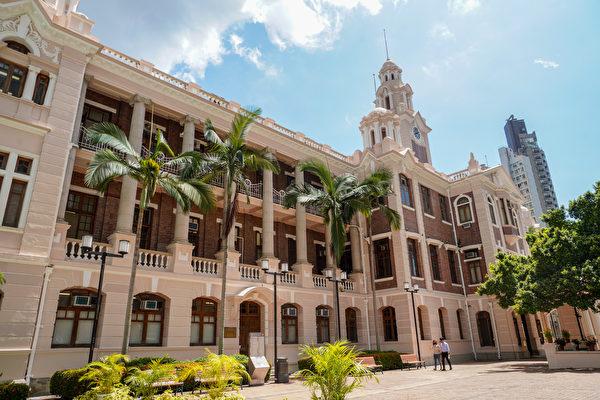The University of Hong Kong’s (HKU) Business School is probing suspected fraudulent student submissions, according to an official statement.
On May 22, HKU Business School issued a statement titled “Upholding Academic Integrity”. “Regrettably, we have recently identified very few concerning cases involving the submission of fraudulent documents during the admissions process,” reads the statement. “We have also discovered that certain agencies have been involved in fabricating application materials. Those agencies claim to provide so-called ‘guaranteed admission’ services, seeking to gain unfair advantages for their clients by forging documents.”





